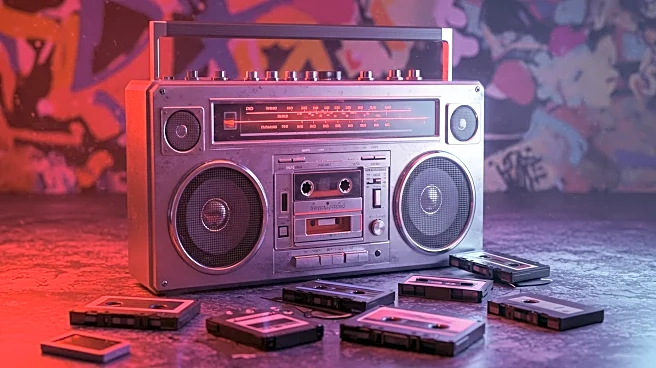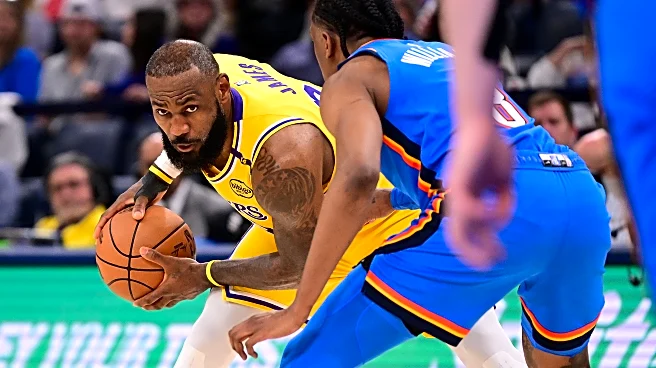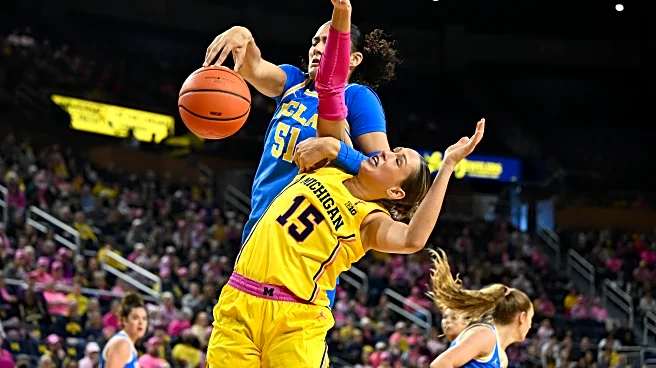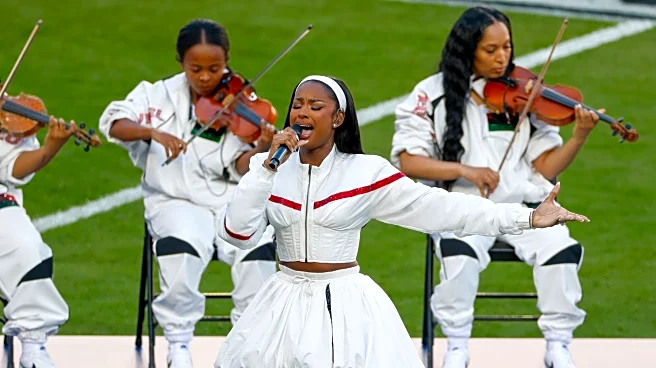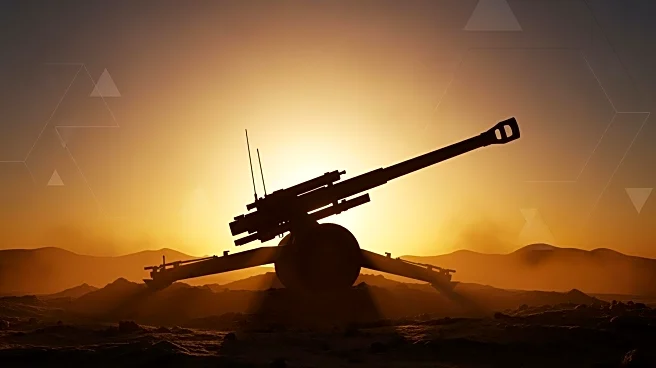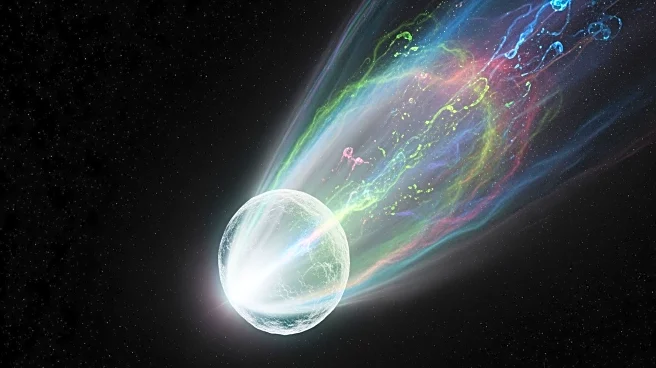What is the story about?
What's Happening?
Instacart is organizing a major consumer event themed around the 1990s, featuring a concert by Third Eye Blind at Terminal 5 in New York City. This event is part of Instacart's 'Summer Like It's '99' campaign, which aims to evoke nostalgia for the 1990s by offering products at their 1999 prices. The campaign includes discounts on popular 1990s items such as Kool-Aid and Capri Sun. Instacart's Chief Marketing Officer, Laura Jones, stated that the campaign taps into both cultural and economic nostalgia, resonating with consumers who fondly remember the era. The concert will feature immersive experiences and brand integrations, including themed cocktails and interactive stations. The event is designed to test future retail media activations that blend culture and commerce.
Why It's Important?
This initiative by Instacart highlights the growing trend of leveraging nostalgia in marketing strategies to connect with consumers on an emotional level. By tapping into the fond memories of the 1990s, Instacart aims to differentiate itself from competitors like DoorDash and Uber Eats. The event also serves as a platform for brand partners to engage with consumers in innovative ways, potentially driving cultural relevance and brand loyalty. In a challenging economic climate, offering products at nostalgic prices may appeal to consumers seeking value, thereby enhancing Instacart's market position and customer engagement.
What's Next?
Instacart plans to evaluate the success of the event through various metrics, including earned media, attendance, and social media engagement. The company aims to translate these into measurable outcomes that could inform future marketing strategies. Brand partners involved in the event will also assess their cultural impact and explore opportunities for similar collaborations. Instacart's approach may influence other companies to consider nostalgia-driven campaigns as a means to connect with consumers and stand out in competitive markets.
Beyond the Headlines
The use of nostalgia in marketing raises questions about its long-term effectiveness and potential overuse. While it can create immediate buzz, companies must balance nostalgia with innovation to avoid becoming predictable. Additionally, the focus on economic nostalgia highlights the importance of addressing consumer concerns about affordability and value in marketing strategies.
